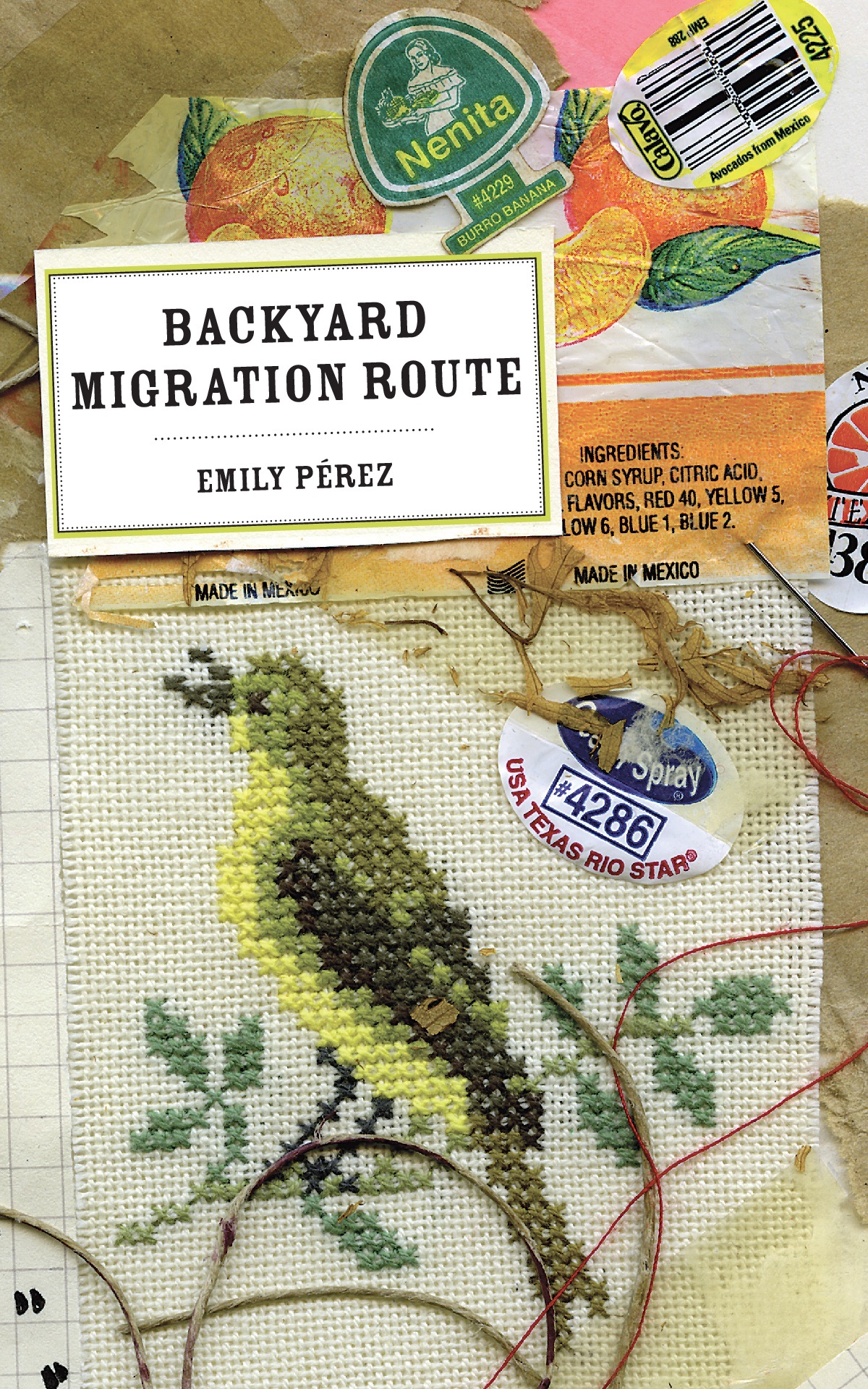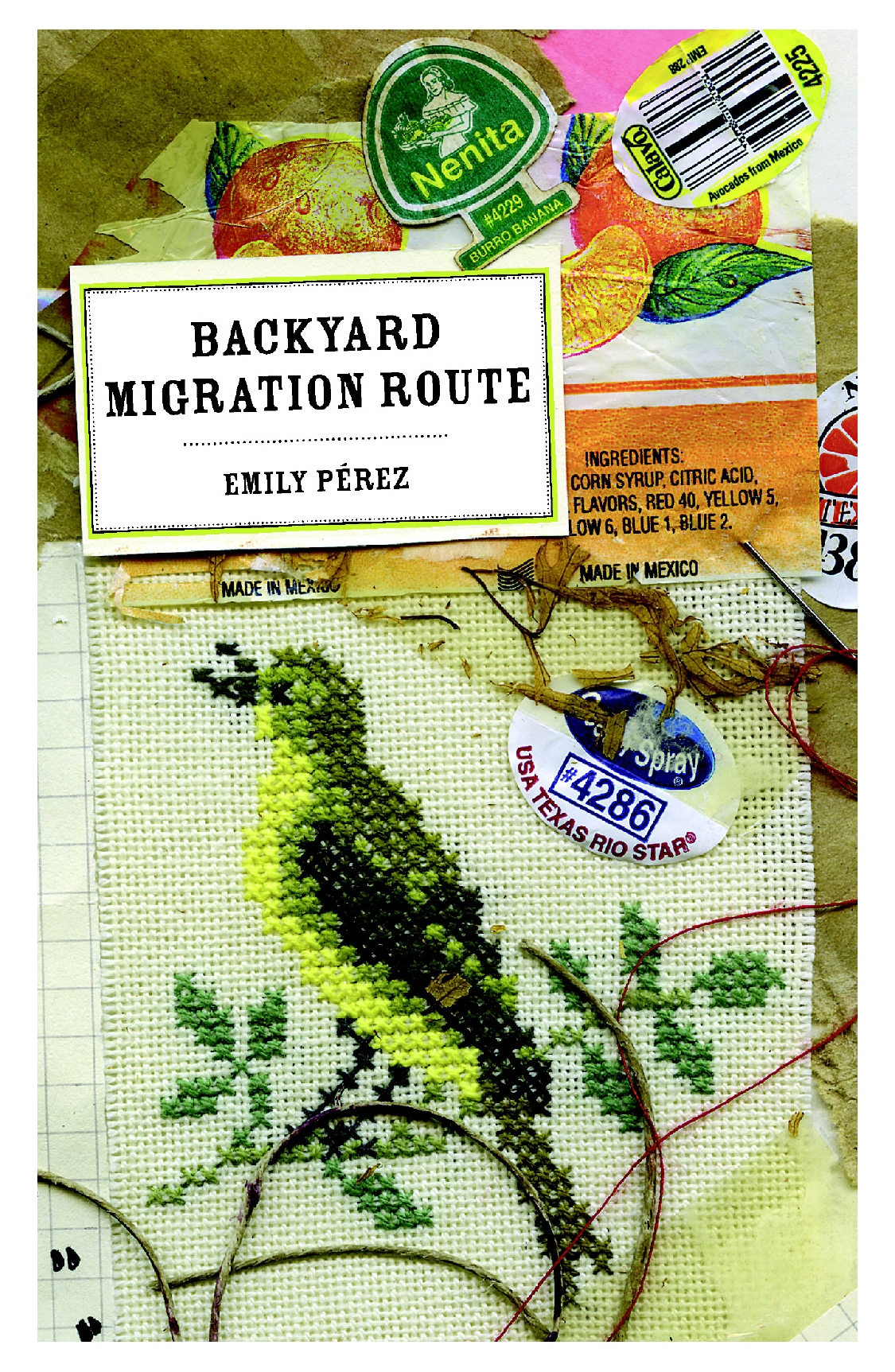The Long Devotion: Poets Writing Motherhood
The Long Devotion is a collection of poems, essays, and writing prompts that celebrates motherhood and creates a space, as poet Molly Spencer has written, to "tell an unlovely truth about family life and not have to take it back."
The poets in this book represent and describe a wide range of experiences. They write about encountering the world anew through their children; intersections of parenting and race; single parenting; adoptive, foster, and step-parenting; life with chronic illness, mental illness, and disability; and the choice to remain childless. The book is divided into four parts. "Difficulty, Ambivalence, and Joy" considers the wonder and challenges of parenting-including infertility, pregnancy, miscarriage, and life with children-and trying to write in the midst of those demands. "The Body and the Brain" explores the cerebral and bodily labor of caregiving and writing. "In the World" brings parents and their children into contact with the natural and political landscape. Finally, "Transitions" looks at how parenting and writing change as children grow up. Poems range from linear narratives and imagistic lyric to poetry comics, speculative futures, and experimental forms. Essays and poems suggest ways to write through the disruptions and chaos of family life. Prompts invite readers to use the work in this book as a starting point for their own poetry.
As candid accounts of motherhood become more prevalent across literary, pop culture, and digital spaces, the way we talk about writing and mothering is changing. Poets have long challenged traditional motherhood narratives. This book brings together a new generation of exciting and provocative voices for the first time.

What Flies Want (Winner of the Iowa Prize)
In What Flies Want, disaster looms in domesticity: a family grapples with its members’ mental health, a marriage falters, and a child experiments with self-harm. With its backdrop of school lockdown drills, #MeToo, and increasing political polarization, the collection asks how these private and public tensions are interconnected.
The speaker, who grew up in a bicultural family on the U.S./Mexico border, learns she must play a role in a culture that prizes whiteness, patriarchy, and chauvinism. As an adult she oscillates between performed confidence and obedience. As a wife, she bristles against the expectations of emotional labor. As a mother, she attempts to direct her white male children away from the toxic power they are positioned to inherit, only to find how deeply she is also implicated in these systems. Tangled in a family history of depression, a society fixated on guns, a rocky relationship, and her own desire to ignore and deny the problems she must face, this is a speaker who is by turns defiant, defeated, self-implicating, and hopeful.
“On one level, Emily Pérez’s What Flies Want is a broad and ambitious book well-tuned to the concerns of the present moment as it attends in smart and nuanced layers to sexual violence, constructions of gender, the complexities of race, the disappointments and redemptions of marriage, and the entwined hopes and fears of raising boys in a world where ‘every man’s a ticking bomb.’ At the same time, on the level of language, these poems are driven by an astonishing musicality: inventive wordplay, shifty and obsessive repetition, propulsive rhythm, and brilliantly deployed rhyme. The result is a book that’s even larger than its parts—both challenging and intimate, intricate and genuinely moving.” —Wayne Miller, author, We the Jury
“The poetry of Emily Pérez will not allow what is hers to be stolen. She interrogates what has power over her, even as it is in her, as it has formed and informed her. Her work takes on the forces that make womanhood something to survive—she looks hard at love and family and devotion and is not afraid to make of them a sad song, an angry anthem, an ode of vexed joy, a complex and overflowing music. Each note is hard-won, truly traveled, and Pérez is a poet who knows what we live through belongs to us: the dark fear, the radiating beauty, the intuitive and difficult paths between.” —Brenda Shaughnessy, judge, Iowa Poetry Prize
“Emily Pérez is one of my favorite poets because her work resists tidy category. Her music is crisp and weird; her backdrop is speculative, and most importantly she nimbly unpacks the intense, contorting pith of Pérez as mother/woman/artist/Latina/trickster/white-adjacent body. We want What Flies Want for its sweet howl calling out from the trenches of a home full of swords, of ticking time bombs, and stolen jewels. We want poetry to be this mythically corporeal in its excavations ‘inscribed with girls in the woods.’” —Carmen Giménez Smith, author, Be Recorder
“Emily Pérez’s What Flies Want buzzes with a lyric imagination that defamiliarizes quotidian tales of love, children, marriage, and depression into ‘the clear hum, the strum and thrum / of energymatter.’ In her poems ‘the beast is unpredictable’ and ‘detritus is stirred’ until truths come out of the woodwork: as taut lines, breathless prose blocks, found poems, anti-epiphanies. The voice here is by turns ironic, polemical, whimsical, and disarming. Perhaps more than any book of Latinx poetry, this one offers a sustained investigation of whiteness from within and without. The power of such moments is amplified by Pérez’s savvy use of the white space of the page into a lyric erotics attuned to silences and violences.” —Urayoán Noel, author, Transversal

House of Sugar, House of Stone
Emily Pérez’s House of Sugar, House of Stone weaves Grimm’s Fairy Tales into the business of modern life—laptops and late nights with sleepless children—to explore an undercurrent of terror about living in a family. These poems slip between the worlds of the wolf-haunted forest and the harried house of the contemporary artist/parent, until the two blend and bleed into each other. Children learn not to trust their parents, while simultaneously yearning to win back their affections. Parents similarly question their own trustworthiness as protectors. They are devoured by children, which leaves them equally apt to dismember a lion to protect their young as they are to leave those children alone in the woods. These musical, emotionally ruthless pieces occasionally find respite, but Pérez reminds us that despite our best efforts to map our way to safety: “Either way // you’re lost. Either way / you’ll wander into deeper woods.”
“The music here, combined with the familiar motifs (which morph and enlarge under the spell of this poet), forges lines and images and narrative—both tantalizingly fragmented and satisfyingly complete—of genuine power. The collection pairs story with song, specifics with innuendo, in such a compelling way that I dare anyone to read the first poem and put this book back down. This is something strange and new—and very exciting.” —Laura Kasischke
“House of Sugar, House of Stone draws heavily on Grimms’ timeless fairy tales to tell its story, but Pérez casts the themes of motherhood, betrayal, and longing in a light that is unmistakably contemporary. The effect is powerful and devastating.”
—Blas Falconer
“Emily Pérez knows how to cast a spell. In this smart, brave book, she uses her honed musicality to enchant the reader while she plumbs the great domestic mysteries: How do you wed and stay a self? How do you both procreate and create? The dark forests of Grimms’ fairy tales pulse through her poems. By the time you leave the wilderness of her singing, you will have been changed. Home will never look the same again.”
—Sasha West

Made and Unmade
Praise for Made and Unmade
"Made and Unmade holds “no hyperbole,” delivering tension-filled, vivid, dynamically written poems that convey the experiences of “the woman / who stood beside the beast”—an everywoman readers will recognize in themselves and in the women around them if they’re paying enough attention. Her experiences performing physical and mental acrobatics to avoid ill treatment, including violence; her witnessing the casual, habitual diminishment of other women and feeling it herself; the impositions and insults and cruelties the world and mostly men take for granted that she will keep taking, taking in, and “Because a woman’s word / can never be never proof,” holding the proof within herself, in a body treated as a site of damage and trying hard to refuse that inscription, a body that wants to believe in its accomplished beauty. The speaker in these poems asks: “can you be considerate or careful can / you care fully for your self can you hold yourself” — and no easy answers exist. The asking is a cultivated habit of reaching toward acceptance, but living with the truth that it may never arrive, except from within. Perez asks us to see that truth clearly, to live with what’s hardest to take."
--Khadijah Queen
"To read Emily Pérez’s poetry is to enter the house, familiar and safe, then to hear the house being dismantled around you. It’s understood that the rule of the house is to sing as every page gives way to sonic play through story, lyric, and the myth of what it is to un/become a woman. Pérez assembles her speaker’s many facets (mother, poet, wife, niece, sister, citizen, daughter) into “a string / of hand-clasped paper dolls,” which portends the fragility it wrests against. She begins, “Because you’ve heard this before, where boys will be / beasts and girls will be / cloth, torn to ribbons” then the poet offers the reader a glimpse of what gets clawed and tattered as each poetic line becomes a stitch for the mending. "
--Carolina Ebeid
"Emily Pérez’s Made and Unmade offers a sharp and intimate assessment of American domestic life, considering in stark detail not only the difficulties of raising children in a world “where boys will be / beasts and girls will be / cloth, torn to ribbons / tied tightly in knots or in bows,” but also the broader complexities, negotiations, and compromises of marriage and middle age. Full of subtle and virtuosic formal play, these poems are consistently sad, smart, apt, and unflinching. I’m chastened by them—and grateful for them."
—Wayne Miller

Backyard Migration Route
Available at Finishing Line Press
Backyard Migration Route constructs an American consciousness through a series of delicately tuned lyrics. Hybridity and border crossing are not so much examined as created by these interlocking poems, which refuse to lock into a single culture, a single ethnicity, a fixed identity or a mapped landscape. The brilliance and complexity of this collection of "inbetweeness" lies in its deft ownership of a landscape’s history, a father’s anxiety, a culture’s racism, an unaccented name, just for starters.
--Claudia Rankine, author of Citizen, An American Lyric
Informed by sound, formed in the mind, Backyard Migration Routetraces the landscape of the American West. Autobiography, geography, literary criticism and even mathematics weave together. School yourself with these far-ranging poems about growing up between languages and cultures.
—Kazim Ali, author of The Far Mosque and Bright Felon
"The burn must be my voice, the words / I cannot say." And so Emily Perez "writ[es] it all down" in what feels like a compact family epic. The vivid language, tightly woven, and the inventive use of rhyme make for a marriage of subject and form where ambivalence toward one’s "heritage" seems to be an undercurrent of tension—one where the poet "entwine[s] two parts of [a] nation." At its core, then, Backyard Migration Route is a story of mestizaje. That is, a quintessential American poem.
—Francisco Aragón, author of Puerta del Sol, editor of The Wind Shifts: New Latino Poetry



